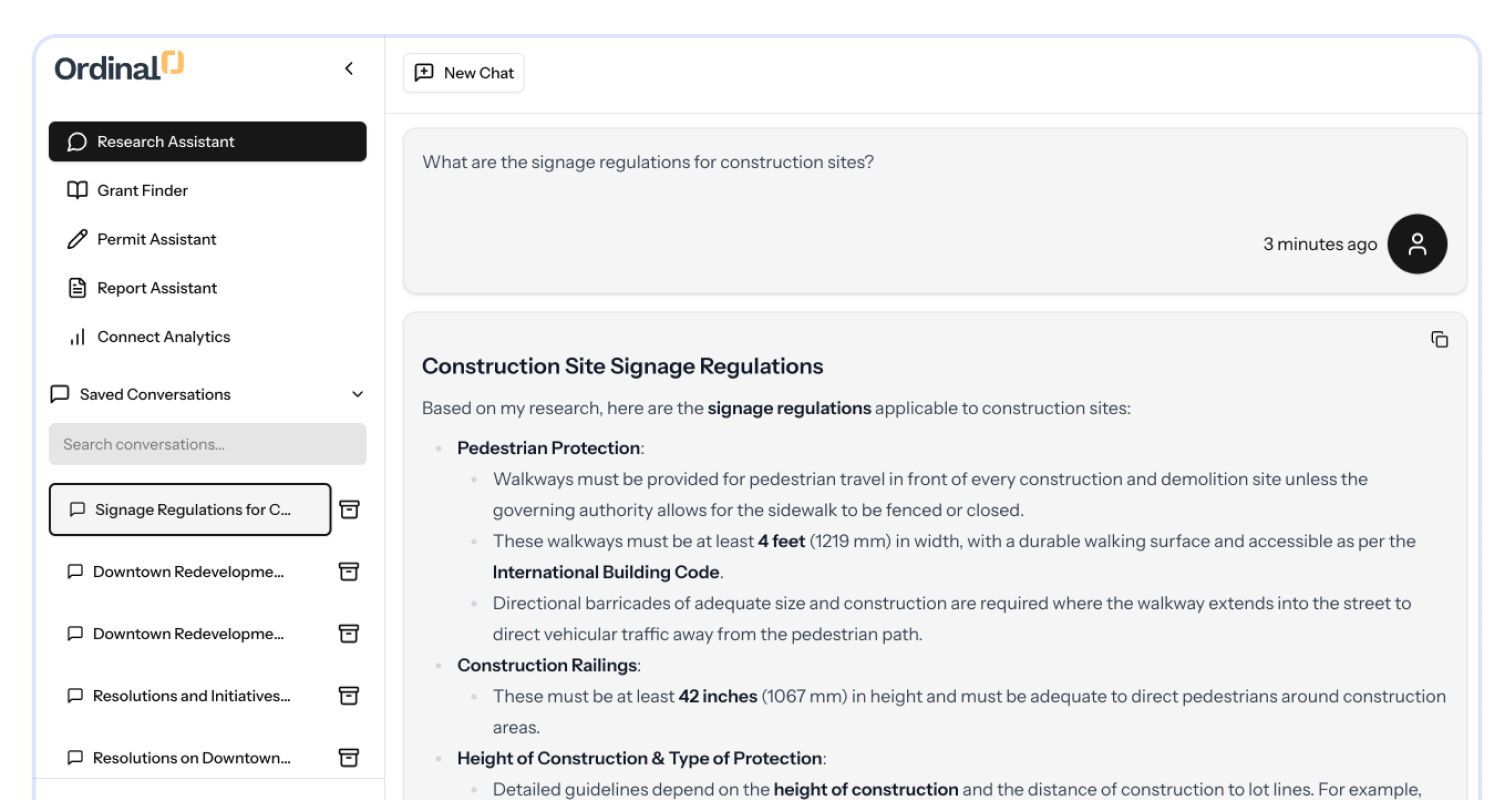As more cities begin exploring how AI can improve service delivery, transparency, and internal operations, it's critical that we lead with intention. We've created a template AI policy for municipalities to help guide the ethical and responsible use of these tools.
This policy covers key principles like transparency, accountability, bias mitigation, and data privacy—while offering a practical structure that any city can adapt based on its goals and risk tolerance.
🔗 Copy this Google Doc template or copy the text below to use as a foundation for your own local AI governance.
👉 Replace the placeholder text with your municipality name and adjust / add to the sections below as you see fit.
AI Policy for [Municipality Name Here]
Purpose
This policy establishes [Municipality's Name]’s commitment to the ethical and responsible use of Artificial Intelligence (AI) technologies. It outlines the principles, processes, and safeguards necessary to ensure AI tools enhance transparency, accountability and innovation while protecting community trust and individual rights.
Principles for AI Use
Transparency
- The City will disclose where AI systems are used in public-facing services.
- City staff will understand the purpose, data sources, and logic behind AI-assisted tools as needed.
- We will employ AI tools such as Retrieval-Augmented Generation (RAG), that show source references and maintain an audit trail.
Accountability
- Humans remain the final decision-makers. AI shall assist, not replace, critical public service decisions.
- Department heads are responsible for approving use of AI and keeping tabs on accuracy.
- We are responsible for the outputs of AI that we accept and use, so fact-check and validate to prevent the spread of inaccurate or misleading outputs.
Fairness & Bias Mitigation
- Departments will assess AI systems for bias before deployment.
- Special attention will be paid to ensure systems do not produce outcomes that disproportionately harm or exclude marginalized populations through a human in the loop on all decision-making that affects the public.
- Maintain traditional methods of public engagement alongside digital tools.
- Tools must maintain data sources to improve accuracy and reduce bias.
Privacy & Data Protection
- No personally identifiable information (PII) or confidential city data shall be entered into public AI systems without explicit legal and cybersecurity review.
- AI tools must comply with all city, state, and federal data security standards.
- When in doubt, check with IT or Cybersecurity teams.
Reviews
- Departments must conduct a simple AI review before launching new tools to validate accuracy.
- The [City Innovation or IT Office] will maintain a central registry of approved AI tools and issue any policy updates.
Training & Education
- Onboarding will be provided to all staff using AI tools.
- Supervisors ensure team members understand responsible usage, data handling protocols, and how to validate AI-generated content.
Updates
This policy will be reviewed and updated as new technologies, laws, and best practices emerge.


.png)
